How to make Compost Manure from Scratch
Composting is the process of gathering organic waste in a pile and allowing them to rot down into a form that may be used to supplement the plants' natural nutrition.
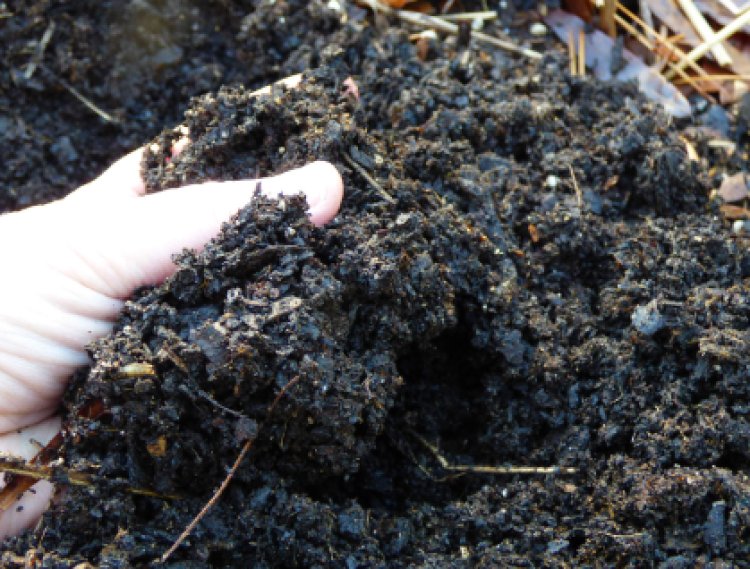
Making compost at home
The first step is to select the compost container to which you will add the pile for decomposition. Three components are needed to produce an organic compost pile: brown material, green material, and enough water. Brown material, consists of things like dead leaves, newspaper, hay, twigs, branches, and wood shavings from tees. Green materials refer to plant residues, grass clippings, fruit peels, kitchen scraps, leftovers, coffee grounds, tea leaves, etc.
Brown and green materials should be present in equal amounts in a healthy pile of organic compost, with green materials contributing nitrogen and brown materials contributing carbon.
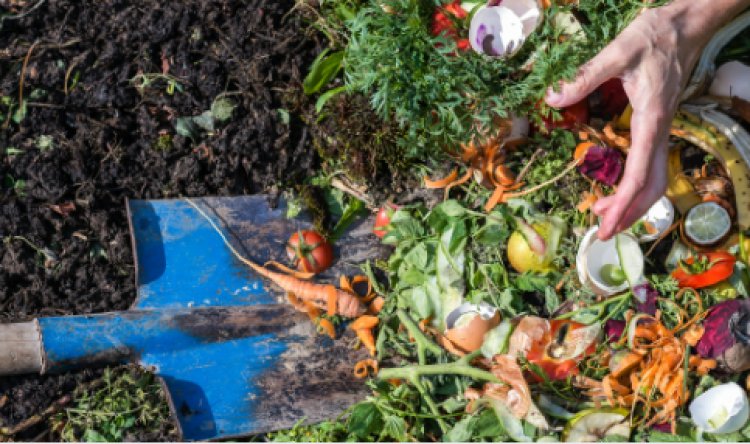
Spraying water on the pile will dampen it and make it soggy. Do not overwater as essential microorganisms may drown in wet compost.
Avoid adding foods like dairy, meat, animal products, bones, pesticide-treated plants, damaged plants, dog and cat feces, as well as other things that may attract rats and cause the pile to smell.
The recommended range for your pile's decomposition temperature is 54–60 °C. Allow the pile to aerate to bring the temperature down if it exceeds 60°C. The pile should be kept moist as it dries out.
Types of composting
Here are three types of composting that you should know;
Cold composting
Cold composting is the most basic type of composting, involving gathering organic waste like eggshells, coffee grinds, and fruit peels and corralling it in a compost container. The organic waste decomposes and transforms into organic compost over time.
Hot composting
Nitrogen, carbon, air, and water are necessary components for hot composting. These things nourish bacteria that hasten deterioration throughout the warm months of the year. One batch needs three to four months to decompose and become usable. Hot composting is a fast way to get compost manure but it demands more attention.
Vermicomposting
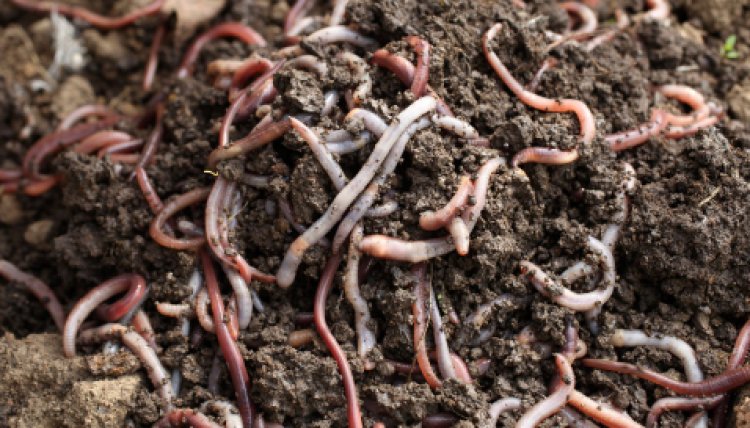
Worms are necessary for vermicomposting as the castings released by worms after they consume food scraps are a rich source of nitrogen. Vermicompost can also be purchased from fertilizer suppliers.
Although the decomposition rate is slower in the winter, compost can be made all year round. Compost preparation is a continuous process thus one has to continue recycling domestic waste.
Preparing compost
Make sure your compost is breaking down properly. There's a good likelihood that the decomposition is not right if it starts to smell terrible.
Make sure the pile is not excessively moist or dry. Ensure that your compost has an equal amount of green and brown materials.
Make sure the compost is always being aerated. Every two to four weeks, turn the pile with a pitchfork. It will decompose more quickly and avoid melting and generating an odor if the compost pile is turned from time to time.
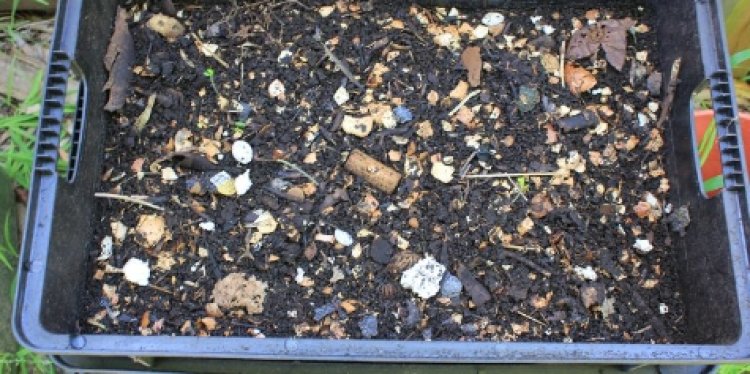
When the compost is ready
Once the pile transforms into a dark, crumbly-textured substance, your compost is ready for use. Compost is fully decomposed and prepared when it turns black or brown and stops emitting heat.
Add the compost up to 5-6 inches to your vegetable beds. Every planting season, combine a substantial amount of compost with the potting soil. Compost can also be used as mulch since it aids in moisture retention and deters weed growth.
Depending on your gardening style, you can select the best composting method for your garden area. But it's safe to state that home composting is quite simple and environmentally friendly.
Importance of compost
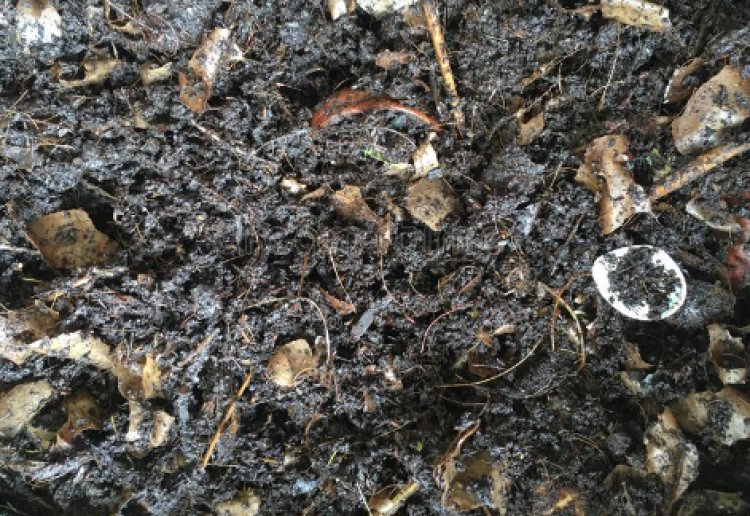
Compost manure has several importance to the plants and the gardener in general. Compost can be used to;
Promote organic gardening - Making organic compost at home contributes to the maintenance of organic gardens and prevents the use of chemical fertilizers in your kitchen garden.
Provide nutrition to plants - plants use the nutrients for growth and photosynthesis.
Add nutrients to the soil - The soil benefits from the addition of nitrogen and carbon from organic compost. Composting results in the addition of bacteria, fungi, protozoa, and other advantageous microbes to the soil.
Aerate and moisten the soil – the microbes help in soil aeration and keep the soil moistened. Furthermore, using compost enables the pant to be disease intolerant.
Decrease garbage production - Composting is good for the environment as it helps you make use of the garbage you collect from your kitchen.


























